|
Filmmakers Karim Amer and Jehane Noujaim on impact of Facebook data breach in 2016 election: 'The largest corporate negligence case in American history' Facebook has agreed to a record fine over its data privacy policies, more than three years after the company allowed Cambridge Analytica to weaponize Facebook user data in the 2016 presidential election. Facebook will pay $5 billion and submit to greater oversight of its handling of user data under terms of a settlement with the Federal Trade Commission announced on Wednesday. But a lot of critics, some of them on Capitol Hill, think the agreement will do little to deter Facebook from misusing user data. The settlement “utterly fails to penalize Facebook in any effective way,” remarked Sen. Josh Hawley, Republican of Missouri, according to the New York Times. The stakes involved in Facebook's collection of vast amounts of personal data become clear on viewing the disturbing new documentary The Great Hack, which began streaming on Netflix on Wednesday - coincidentally the same day as the settlement announcement. To Oscar-nominated filmmakers Karim Amer and Jehane Noujaim, Facebook's capacity to sell user data imperils our very democracy. The Great Hack is about "the way in which technology and the democratic process are interacting," Amer tells Nonfictionfilm.com, "and the question of whether the democratic process can continue to function under the new conditions of how technology shapes our lives." So much of democracy is based on confidence and faith in the system. But if you can't trust information and if you can't trust community, the foundational core of society falls apart. The Great Hack begins with one Brittany Kaiser, a former Obama campaign staffer who "switched sides" when she went to work for Cambridge Analytica, a British data analysis company. CA was hired by the campaign of Republican presidential candidate Ted Cruz, but after he lost the nomination to Donald Trump in 2016, CA migrated to Trump. CA claimed to have access to up to "5,000 data points" on American voters, which could be leveraged to push persuadables to back Trump. It turned out that data had been harvested from Facebook profiles, without the knowledge or consent of Facebook users. Kaiser, who now styles herself a whistleblower, says CA profited from the ill-gotten data to target "those whose minds we thought we could change until they saw the world the way we wanted them to." It's never been established with certainty whether Cambridge Analytica was just talking a good game to boost its business, or whether it indeed proved definitive in manipulating the American electorate in favor of Trump. "It's clear that Cambridge [Analytica] played a major role and it's clear the campaign they participated in won," Amer declares. "The degree to which [the election result] was because of them or America is reacting to Barack Obama or America is in itself a racist country, that's for sociologists to debate." CA folded last year, after revelations of its misuse of Facebook data caused an uproar. Before the 2016 election, it had likewise used its "secret sauce" (as one commentator puts it in The Great Hack) on behalf of the pro-Brexit campaign, and in elections around the world, sometimes to suppress voter turnout among certain groups for the benefit of its client candidates. But the filmmakers insist Facebook is the dog and CA is the tail, not the other way around. "We realized the story is much more about Facebook than we imagined, because Facebook is the constant. There's no Cambridge [Analytica] without Facebook. They can't do anything without Facebook," Amer observes. "Facebook is the brilliant algorithm, is the brilliant system. Cambridge just knew how to use Facebook and the Trump campaign knew how to use Facebook. That's why we end the film [noting] the Hillary Clinton campaign did 66,000 ads on Facebook. Trump did 6 million." The bottom line for Amer and Noujaim is this: "The American people were experimented on [in 2016], en masse," Amer asserts. "The Facebook story, to me, is one in which we should be seeing this as like the largest corporate negligence case in American history, where millions of subscribers just had their data taken from them, used against them in ways they never imagined and with no consequence whatsoever. The British parliament couldn't even get Mark Zuckerberg just to show up, to sit down and have some accountability. That is the audacity of pride and ego that Silicon Valley sees itself, and its infallible ability, that they are the engineers of the future, but that they are not the handmaidens of totalitarianism, which we have seen that they are... Are we going to continue to just twiddle on our phones and let them get away with it?" It's about our entire future... It's really about our free will. People need to come to grips with the way social media platforms have eroded the very idea of the public square upon which democracy is predicated, according to the directors. Social media algorithms spit back "information" to users based on their demonstrated proclivities and tastes, in a dangerous feedback loop. Fake and misleading news items get incorporated into those loops by nefarious players (including Russian troll farms) intent on sowing discord among the American people. "It's about our entire future. It's not about left or right. It's not about 'leave' or 'remain' in Brexit. It's not about Trump or Clinton," Noujaim asserts. "It's really about our free will and being aware of how we are being manipulated and how our versions of reality are our own personalized versions of reality and our news feeds are very much tailored to ourselves... The more that happens the more difficult it is to find common ground for communication." Amer adds, "We like to use the words 'free and fair elections,' right, so what are the conditions by which we can have a 'free and fair election'? If we are a country that feels comfortable with weaponized information and voter suppression tactics being mobilized in ways that people are not aware of whatsoever in their feeds then that's something that we have to accept that we're willing to do. But we shouldn't really be using those words 'free and fair.'" Amer and Noujaim are particularly attuned to democratic institutions because of their backgrounds. Amer was born in Egypt and ran afoul of the regime of Hosni Mubarak for his political writings; Noujaim spent some of her formative years in Cairo. "Maybe I'm alarmist because we come from Egypt and we've seen democracy isn't like a given," Amer notes. "I think like Americans forget. They just think like, 'Democracy, we were born with it. We didn't have to fight for it, we didn't have to do anything for it, it's just there. It's always been there.' But it's not. And it goes away and as we can hopefully see now, with the way politics are coming in this country, it can be shaped and changed quite quickly." We're going to look back on these days, if we get out of this, and be like, 'That was fucking crazy.' Complacency on the part of the public has contributed to the current "Wild West" of data collection, as Amer sees it. "Everybody's got fingerprints on the data situation," he maintains. "We do as consumers. We're complicit in being naive in giving up our stuff and signing [user agreement] contracts every day without reading it. The companies are complicit in taking as much of it as fast as possible and selling it and packaging it in complete darkness. We're going to look back on these days, if we get out of this, and be like, 'That was fucking crazy.' Because it's not sustainable. I think the era of data being dark and us not having transparency of where our data's going, what it looks like, and what the ethical questions are, is going to come to an end." He adds, "I think we should ask ourselves what's for sale? What's for sale in America? If we live in a society where we're comfortable with the commoditization of all of our behavior being tracked, sold, packaged and available, then that's okay. If we're fine living in a country where the entire democratic process has become commoditized, which is what the analysis of this election has shown up, then that's okay. What's for sale and what's not for sale?" The directors acknowledge some irony in selling their documentary to Netflix, itself a Silicon Valley company. They recently screened the film in Netflix's backyard in San Francisco.
"We were in the heart of the beast of the data world that runs all of us," Amer comments with some amusement. "I think Silicon Valley is going through its kind of moment of awakening. It's a major crossroads... They're not used to being the bad guy." The filmmakers' original pitch to Netflix, over four years ago, was for a documentary on the Sony hack, allegedly perpetrated by North Korea, that rocked Hollywood. But the film evolved dramatically after the 2016 election. "I give Netflix credit for rolling with it as this film transformed into what it did, because it became the most pressing and I believe the most urgent conversation that we're facing today, not only in the United States but around the world," Noujaim tells Nonfictionfilm.com. "I believe they think that this is an important film and that it's important to have the conversation. They don't take a stand politically on whether they support or don't support the characters that are in the film... We're grateful for their support and putting muscle behind it and leading this conversation." The Great Hack is not only streaming on Netflix, but playing in select theaters in the U.S., which will qualify the film for Oscar consideration. Netflix also released Amer and Noujaim's 2014 documentary, The Square, about the Egyptian Revolution, which earned the filmmakers an Academy Award nomination. |
AuthorMatthew Carey is a documentary filmmaker and journalist. His work has appeared on Deadline.com, CNN, CNN.com, TheWrap.com, NBCNews.com and in Documentary magazine. |
- Home
- News
- Videos
-
Galleries
- 2019 Tribeca Film Festival
- Full Frame Documentary Film Festival
- 2019 SXSW Film Festival
- SXSW 2018 Gallery
- 2019 Sundance Film Festival
- Outfest 2018 Photo Gallery
- Outfest 2017
- Sundance 2018 Photos
- 2017 LA Film Festival
- 2017 Cannes Film Festival
- Tribeca Film Festival 2017
- SXSW 2017 Gallery
- 2017 Berlin Film Festival
- Sundance 2017 Gallery
- 2016 Los Angeles Film Festival
- Cannes Film Festival 2016
- SXSW 2016 Gallery
- Berlinale 2016 Gallery
- Sundance 2016 Gallery
- Filmmaker Gallery
- About
- Contact
Proudly powered by Weebly
- Home
- News
- Videos
-
Galleries
- 2019 Tribeca Film Festival
- Full Frame Documentary Film Festival
- 2019 SXSW Film Festival
- SXSW 2018 Gallery
- 2019 Sundance Film Festival
- Outfest 2018 Photo Gallery
- Outfest 2017
- Sundance 2018 Photos
- 2017 LA Film Festival
- 2017 Cannes Film Festival
- Tribeca Film Festival 2017
- SXSW 2017 Gallery
- 2017 Berlin Film Festival
- Sundance 2017 Gallery
- 2016 Los Angeles Film Festival
- Cannes Film Festival 2016
- SXSW 2016 Gallery
- Berlinale 2016 Gallery
- Sundance 2016 Gallery
- Filmmaker Gallery
- About
- Contact

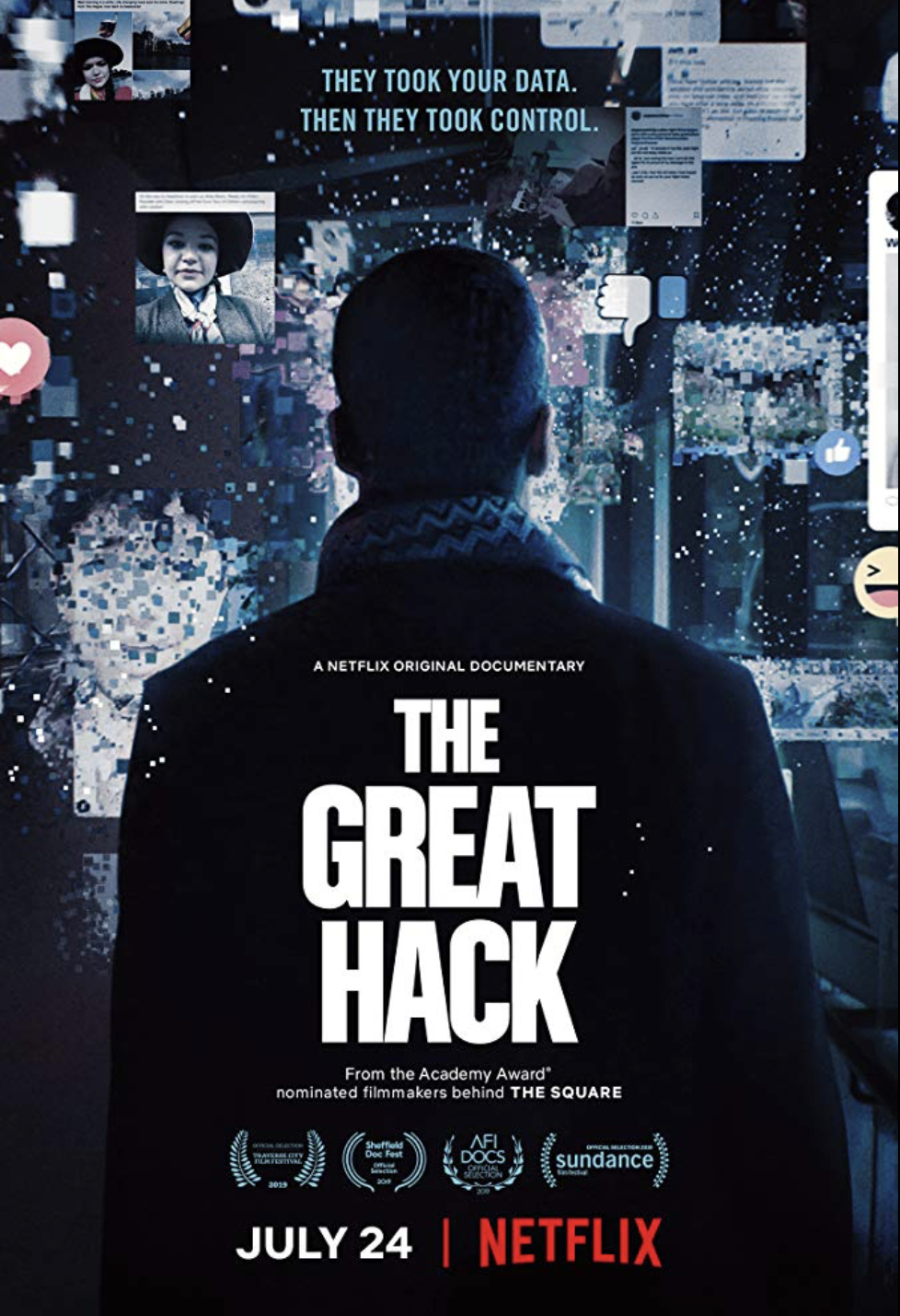
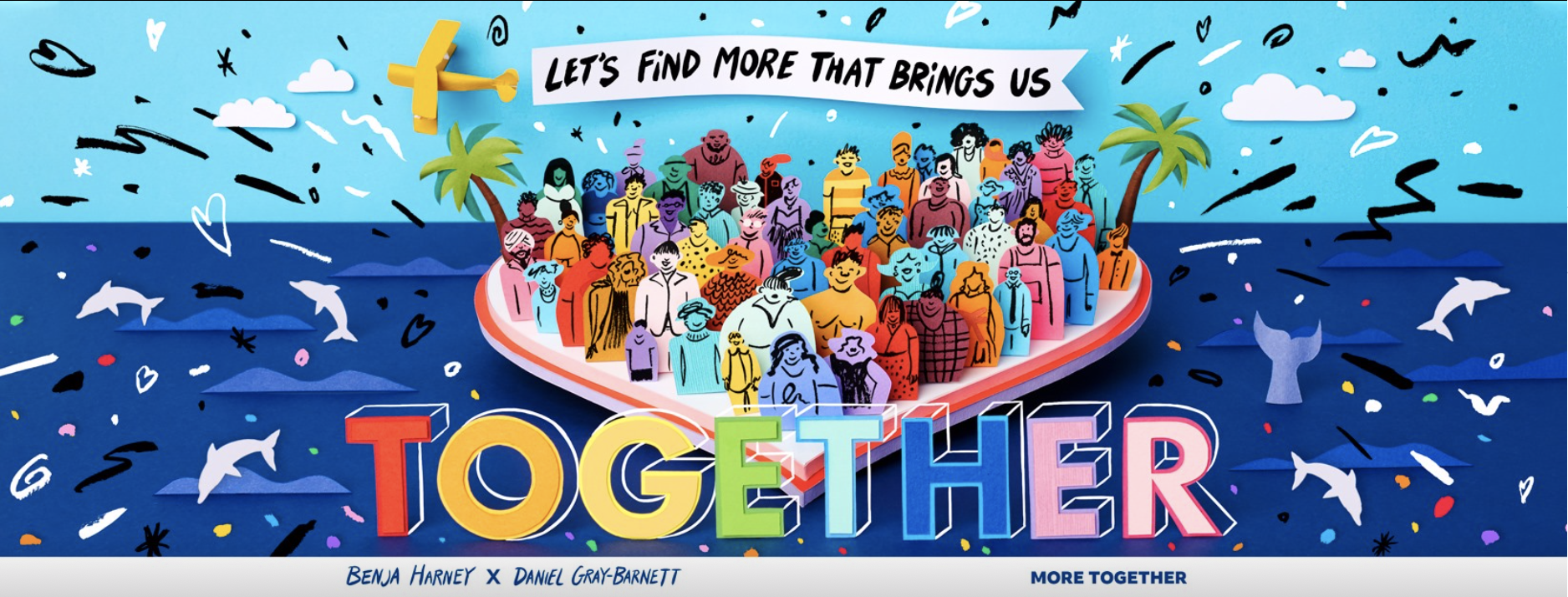
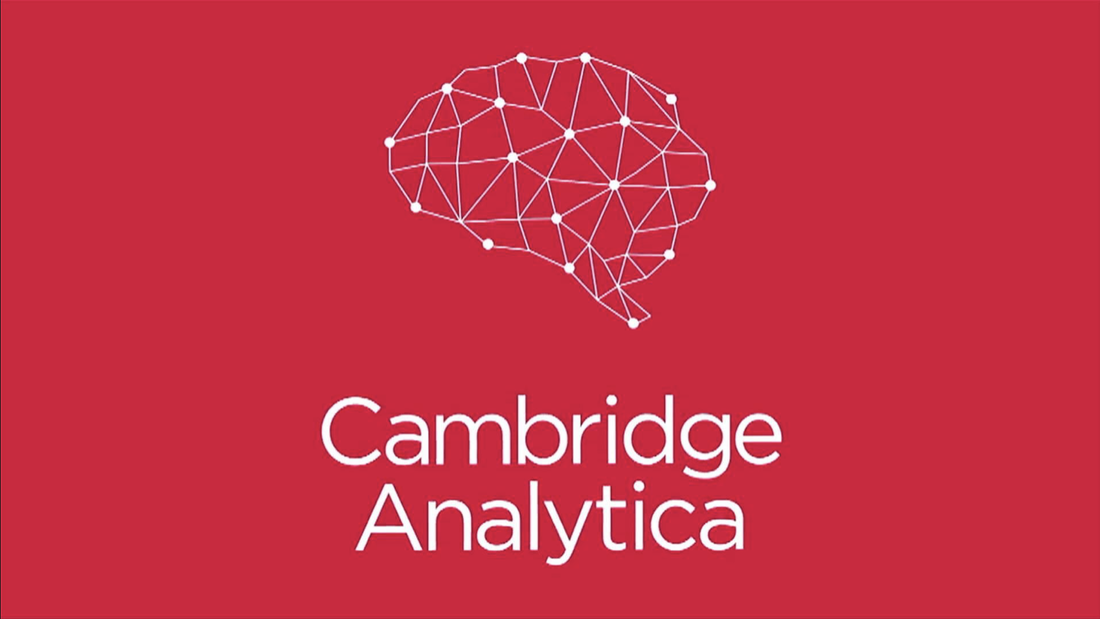
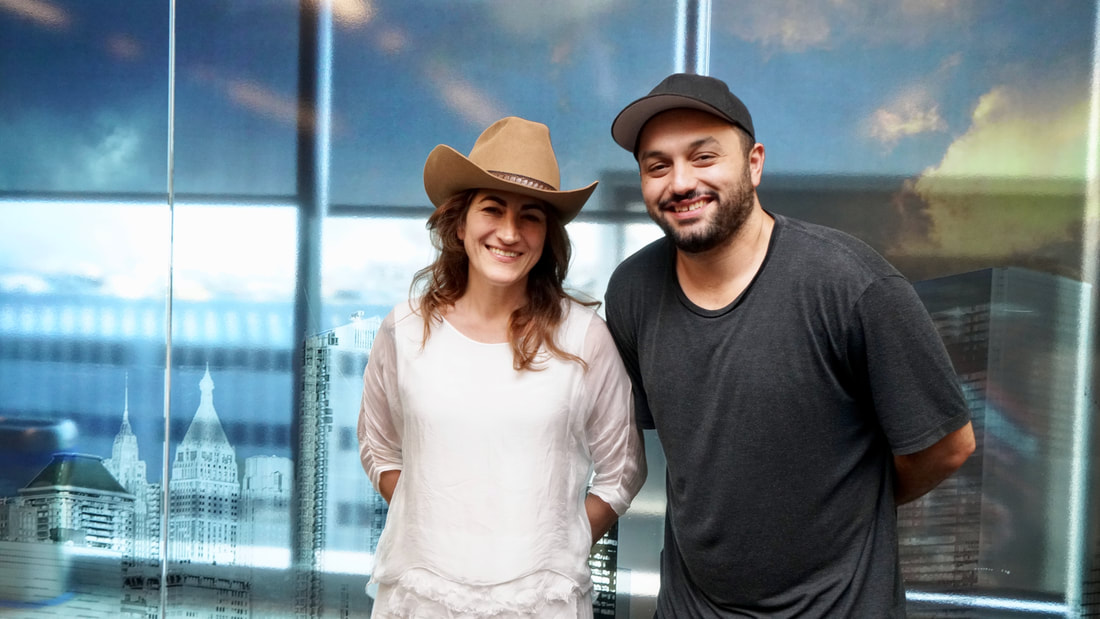
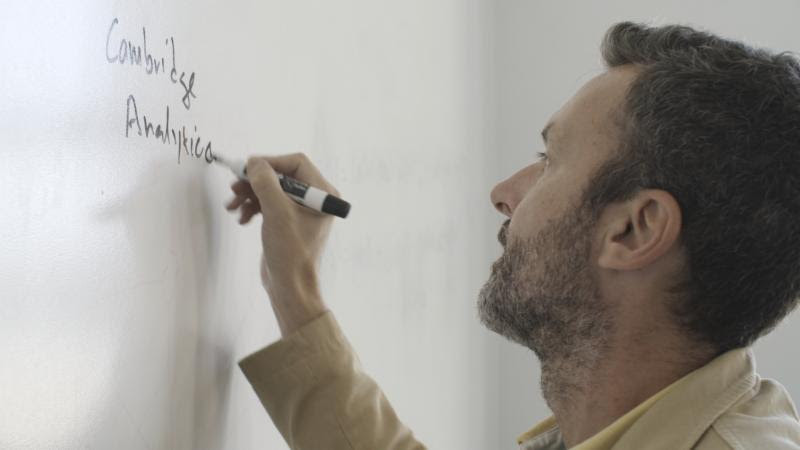
 RSS Feed
RSS Feed